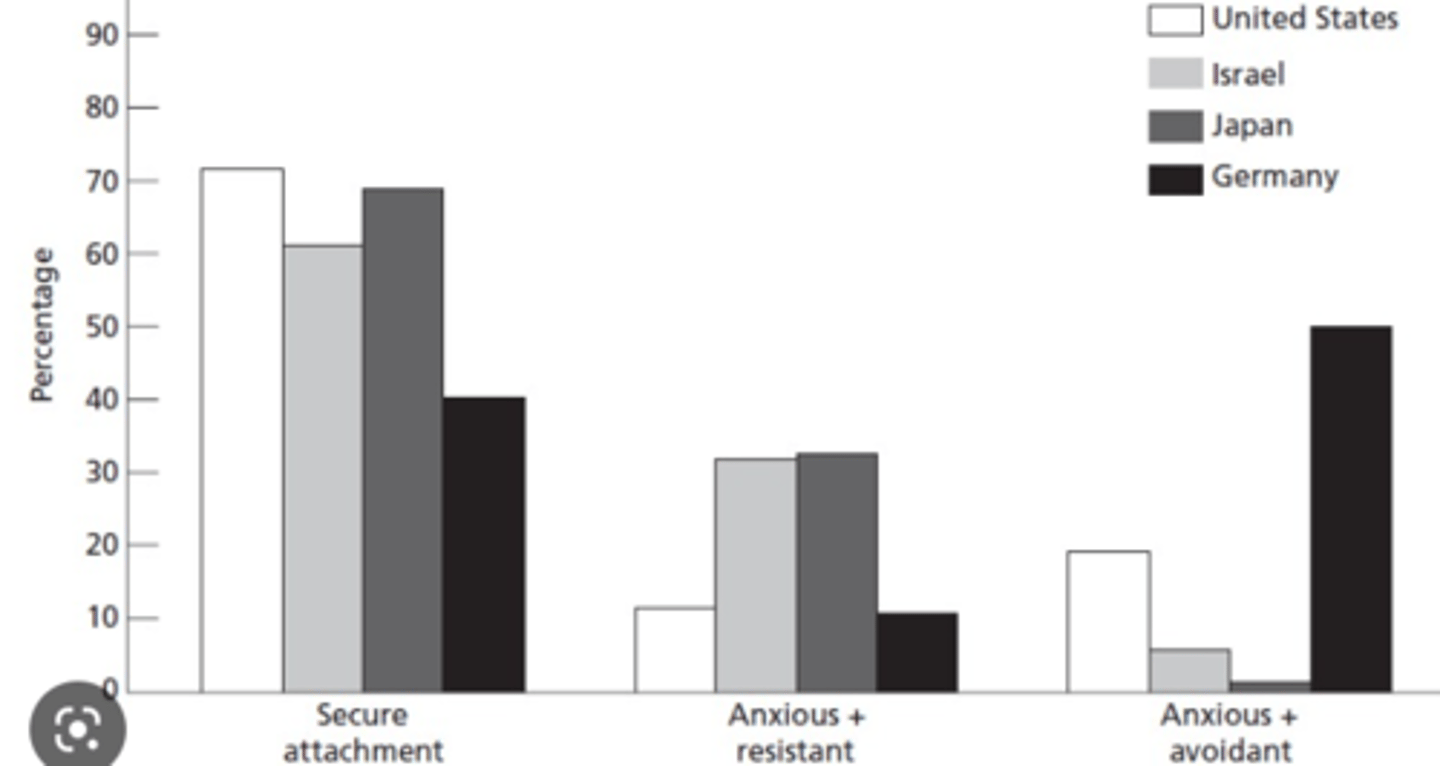I&D 11: Ethical implications (b) A02
1/7
There's no tags or description
Looks like no tags are added yet.
Name | Mastery | Learn | Test | Matching | Spaced |
|---|
No study sessions yet.
8 Terms
When analysing ethical implications / issues of social sensitivity, which types of impacts on the population represented in research should be considered?
* Direct effects on their self- esteem / feelings and life chances
* .Effects on others in society, i.e., their beliefs, e.g., stereotyping /prejudice, and behaviour, e.g., discrimination
* Effect on public policy, e.g., the law, politics and health
Explain ethical implications / issues of social sensitivity arising from Bowlby's theories of monotropy / maternal deprivation
Direct effects
* could make mothers feel guilty if they do not take on the primary caregiver role
* as if they should not go out to work when they have children.
* could make fathers who take on this role feel inadequate, as if they cannot be good fathers
Effects on others
* could reinforce gender stereotypes in society, influencing people to think that women should look after children instead of working outside the home
* make negative judgements about working mothers, seeing them as ‘unnatural’ and bad mothers
Explain ethical implications / issues of social sensitivity arising from misdiagnosis of schizophrenia in ethnic minority groups
Direct effects
* Diagnosed with schizophrenia when they don't have it
• may experience side effects of antipsychotics, such as tardive dyskinesia or weight gain
Effects on others
•could lead to negative stereotypes about black people in society, e.g., that biologically or culturally there is something deficient about black people
Explain ethical implications / issues of social sensitivity arising from the results of studies of the Strange Situation in Japan
Direct effects
* Japanese parents might feel as if their culture is being criticised and stigmatised / seen as inferior
Effects on others
* Could lead to prejudices against Japanese, e.g., the belief that they are bad parents, over- protect their children

Explain ethical implications / issues of social sensitivity arising from theories of family dysfunction in schizophrenia.
Direct effects
* Feel as if they are being blamed / judged as a bad parent
* Feel responsible for SZ in their offspring
Effects on others
* Will judge parents of those with SZ
* Think of them as bad parents
Explain ethical implications / issues of social sensitivity arising from misdiagnosis of schizophrenia in females
Direct effects
* Underdiagnosis => feel neglected by mental health system
* Treatment not given when needed => get worse over time
Effects on others
* Undiagnosed women with schizophrenia seen as just 'odd' or hysterical
Explain ethical implications / issues of social sensitivity arising from Freud’s theory of super- ego development, which says that females have a weaker super- ego than males.
Direct effects
* Make women feel as if they are (seen as) inferior by men
Effects on others
* Suggests women are less moral than men
* See men as superior to women
* Given the crime data, suggests women must be cunning to commit undetected crimes
* Reinforces stereotype that women are manipulative
Explain ethical implications / issues of social sensitivity arising from Lombroso’s theory of atavistic form, which identifies facial features of criminals that are often associated with those of African descent
Direct effects
* Made to feel ashamed of ethnic heritage
* Feel like outsiders in society
* Feel judged on their appearance / ethnicity
Effects on others
* Encourages people to judge by appearance
* Reinforce stereotypes that crime is committed by minorities
* Labelling of black people as criminal
* Biased sentencing in court